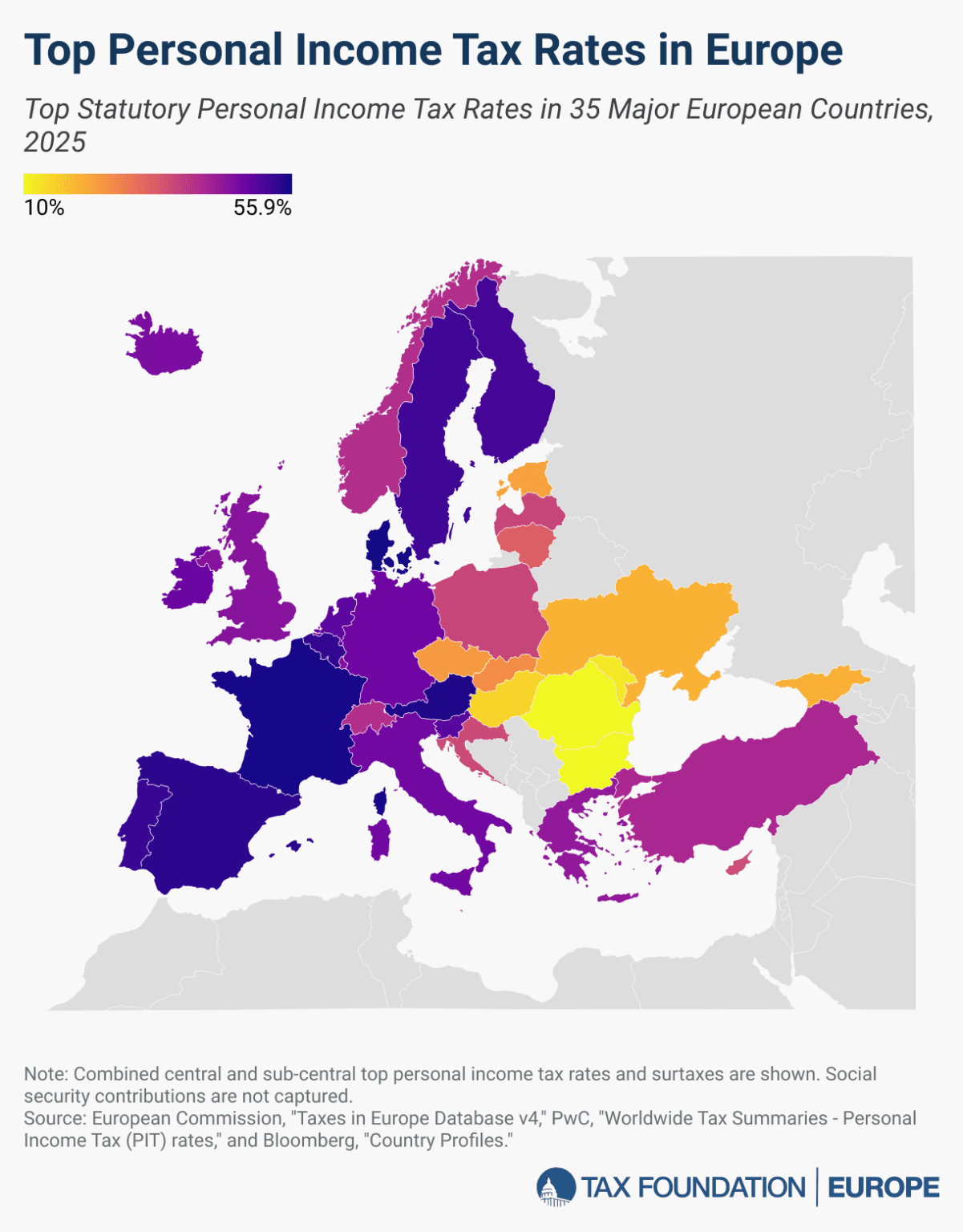Trade policies have always been a critical aspect of national economic strategies, shaping how countries interact economically on the global stage. In recent years, these policies have become increasingly contentious, with tariffs emerging as a focal point for debate. The United States, under the administration of former President Donald Trump, implemented a series of tariffs that have sparked significant reactions both domestically and internationally. These tariffs were intended to protect American industries and jobs but have also drawn criticism for potentially harming the economy.
In response to these tariffs, a coalition of 12 states has taken a bold step by challenging the legality of these measures in court. This move signifies a growing discontent among certain state governments with federal trade policies they perceive as detrimental to their local economies. The lawsuit argues that the tariffs lack proper congressional approval, raising questions about the balance of power between the executive and legislative branches in matters of trade policy. As this legal battle unfolds, it could set a precedent for future challenges against federal trade regulations.
Exploring State Roles in Educational Funding
The dynamics of state involvement in educational funding are complex and multifaceted. In Tennessee, the 2021 General Assembly focused heavily on adjusting the state share of the Basic Education Program (BEP) for K-12 education. This initiative aimed to ensure equitable distribution of resources across all districts, emphasizing the importance of adequate funding for public schools. By reassessing the BEP, Tennessee sought to address disparities in educational opportunities and outcomes.
This reevaluation of educational funding parallels the broader discussions happening nationwide regarding resource allocation and its impact on student success. As states grapple with budget constraints and competing priorities, maintaining robust educational systems remains paramount. The decisions made at the state level can significantly influence the quality of education students receive, underscoring the necessity for thoughtful policy-making.
Beyond Tennessee, other states are similarly examining their approaches to educational funding. With changing demographics and evolving economic landscapes, states must adapt their strategies to meet the needs of modern learners. This involves not only financial considerations but also innovative teaching methods and technology integration, ensuring that all students have access to high-quality learning environments.
Legal Challenges to Presidential Authority
A coalition of 12 states has formally challenged President Trump's tariffs, arguing that these measures overstep presidential authority without necessary congressional approval. This legal action highlights a fundamental issue concerning the extent of executive power in implementing trade policies. By taking this stance, the states aim to clarify the boundaries within which the president can operate when imposing tariffs.
This challenge is not merely about trade; it delves into constitutional principles regarding checks and balances. The lawsuit contends that the tariffs infringe upon the legislative branch's role in regulating commerce, thereby undermining the separation of powers. Such disputes often lead to important jurisprudential developments, potentially reshaping how future administrations approach similar issues.
Moreover, the implications extend beyond immediate economic impacts. If successful, this lawsuit could establish a precedent limiting unilateral executive actions in trade matters, reinforcing the importance of collaborative governance between the executive and legislative branches. This would be crucial in fostering stability and predictability in international trade relations.
Oregon Takes the Lead in Legal Action
Oregon Attorney General Dan Rayfield spearheaded a federal lawsuit seeking to overturn President Donald Trump's newly imposed tariffs. This initiative reflects Oregon's commitment to addressing what it perceives as unjustified trade barriers affecting its economy. By leading this effort, Oregon sets an example for other states considering similar legal avenues.
The lawsuit emphasizes the adverse effects of these tariffs on various sectors within Oregon's economy, including agriculture and manufacturing. Industries reliant on international trade face potential disruptions due to increased costs and reduced market access. Consequently, the state's decision to pursue legal recourse underscores its dedication to protecting local businesses and workers from unnecessary economic hardships.
Beyond Oregon, this case resonates with numerous stakeholders nationwide who share concerns about the broader implications of unchecked executive power in trade policymaking. Success in this litigation could inspire further collaboration among states aiming to safeguard their interests against potentially harmful federal actions.
Economic Implications of Tariff Policies
Analyzing the potential economic effects of Trump's tariffs reveals a complex interplay of benefits and drawbacks. While proponents argue that tariffs protect domestic industries from foreign competition, critics highlight risks such as increased consumer prices and job losses in export-dependent sectors. Understanding these dynamics is essential for evaluating the overall impact on the U.S. economy.
For instance, Canada, a major trading partner, faces significant challenges given its reliance on the U.S. market for exports. With over 70 percent of Canadian goods destined for the United States, any disruption caused by tariffs could severely affect its economy. Similarly, reciprocal tariffs imposed by countries like China and Mexico pose threats to American industries reliant on international markets.
Visualizing these impacts through data charts provides valuable insights into what's at stake, helping policymakers make informed decisions. Recognizing the interconnectedness of global economies underscores the need for balanced trade policies that consider both short-term gains and long-term sustainability.
Critical Assessment of Trade Policy Impact
Trump's tariffs raise concerns about their ability to increase consumer prices while simultaneously harming U.S. workers. Critics argue that poorly conceived tariffs can lead to unintended consequences, undermining the very industries they aim to protect. This situation exemplifies the delicate balance required in crafting effective trade policies.
Historically, smart tariffs have played vital roles in industrial development. However, Trump's tariff agenda diverges from traditional practices, often lacking strategic foresight. Instead of fostering growth, these tariffs risk alienating key allies and destabilizing established trade relationships. Policymakers must therefore critically assess whether current approaches align with broader economic goals.
Addressing these challenges requires comprehensive evaluations of existing policies and willingness to adapt based on empirical evidence. Encouraging dialogue between government officials, industry leaders, and academic experts can facilitate more informed decision-making processes, ultimately promoting healthier trade environments beneficial to all parties involved.

